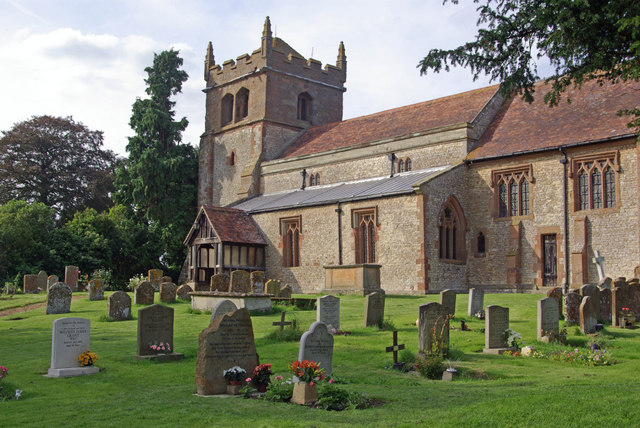Frankton, Warwickshire on:
[Wikipedia]
[Google]
[Amazon]
__NOTOC__
Frankton is a village and
"Warwickshire Place Names", W. H. Duignan FSA, Oxford University Press, 1912
 Frankton is located about six miles south-west of Rugby, Warwickshire, Rugby, adjacent to the B4453 road linking Rugby and
Frankton is located about six miles south-west of Rugby, Warwickshire, Rugby, adjacent to the B4453 road linking Rugby and
british-history.ac.uk, information from ''A History of the County of Warwick: Volume 6: Knightlow hundred'' ( L. F. Salzman,1951), pp. 92-94 There are houses ranging from the 18th century to modern buildings, and a
civil parish
In England, a civil parish is a type of administrative parish used for local government. It is a territorial designation which is the lowest tier of local government below districts and counties, or their combined form, the unitary authorit ...
in the Rugby borough of Warwickshire
Warwickshire (; abbreviated Warks) is a county in the West Midlands region of England. The county town is Warwick, and the largest town is Nuneaton. The county is famous for being the birthplace of William Shakespeare at Stratford-upon-Av ...
in England
England is a country that is part of the United Kingdom. It shares land borders with Wales to its west and Scotland to its north. The Irish Sea lies northwest and the Celtic Sea to the southwest. It is separated from continental Europe b ...
. In the 2001 Census it had a population of 344, increasing to 351 at the 2011 Census.
Etymology
According to W. H. Duignan, the town's earliest name, ''Franchtone'', was derived from the Anglo-Saxon ''Franca'' or ''Franco'' (the personal name of the original settler, which is probably derived from the national name of theFranks
The Franks ( la, Franci or ) were a group of Germanic peoples whose name was first mentioned in 3rd-century Roman sources, and associated with tribes between the Lower Rhine and the Ems River, on the edge of the Roman Empire.H. Schutz: Tools, ...
) and ''-tun'', making it either "Franca's town" or "the town of the Franks"."Warwickshire Place Names", W. H. Duignan FSA, Oxford University Press, 1912
Location and history
 Frankton is located about six miles south-west of Rugby, Warwickshire, Rugby, adjacent to the B4453 road linking Rugby and
Frankton is located about six miles south-west of Rugby, Warwickshire, Rugby, adjacent to the B4453 road linking Rugby and Princethorpe
Princethorpe is a village and civil parish in the Rugby district of Warwickshire, England. In the 2011 census the parish had a population 376, increasing to 429 at the 2021 census.
Princethorpe is located roughly halfway between the towns of Ru ...
. The village stands on a hill approximately 360 feet above sea level.Frankton Historybritish-history.ac.uk, information from ''A History of the County of Warwick: Volume 6: Knightlow hundred'' ( L. F. Salzman,1951), pp. 92-94 There are houses ranging from the 18th century to modern buildings, and a
public house
A pub (short for public house) is a kind of drinking establishment which is licensed to serve alcoholic drinks for consumption on the premises. The term ''public house'' first appeared in the United Kingdom in late 17th century, and wa ...
. Saint Nicholas church lies at the western end of the village, the earliest parts of which date from the 13th century. It is a Grade II*
In the United Kingdom, a listed building or listed structure is one that has been placed on one of the four statutory lists maintained by Historic England in England, Historic Environment Scotland in Scotland, in Wales, and the Northern Irel ...
listed building.
References
External links
{{authority control Villages in Warwickshire Civil parishes in Warwickshire